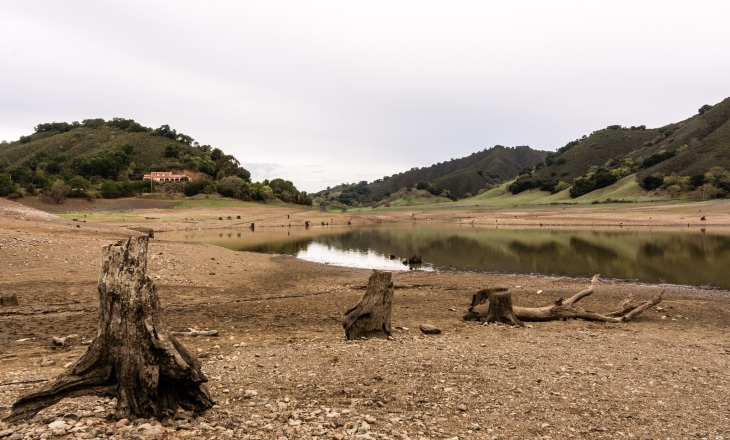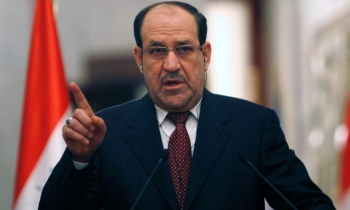The US media is failing to question presidential candidates on their denial of climate change. Quite miserably.
Seven major newspapers and wire services surveyed by not-for-profit research organisation Media Matters have failed to indicate that candidates' statements conflict with the scientific consensus on the issue in approximately 43 per cent of their coverage.
In case of broadcast and cable networks, barring MSNBC, the figure stands at 75 per cent. And all this, while the presidential campaign for the 2016 elections gather steam.
Media Matters conducted searches of television outlets, newspapers, and wires on Nexis, IQ Media and Factiva and found that since March 23, when Senator Ted Cruz (Republican) became the first candidate to announce his presidential bid, to June 22.
The study found that newspapers and wire services published 54 stories (in print and online) that included a presidential candidate denying either that climate change is occurring or that human activity is largely responsible for it. However, they failed to indicate that the candidate's position on the issue was in conflict with the scientific consensus in 23 of those stories, or 43 per cent of the coverage.
The findings assume significance in that in December in Paris, the UN climate change conference may possibly see global leaders sign an agreement to slow or reduce the pace of global warming. A 2010 study 'Global Environmental Change' concluded that "Mass media in the US continue to suggest that scientific consensus estimates of global climate disruption, such as those from the Intergovernmental Panel on Climate Change (IPCC), are 'exaggerated' and overly pessimistic.
An earlier study which had analysed the US mass media coverage of climate change from 1988 to 2004, had found that the media made it easier for people to conclude that global warming and the accompanying scientific evidence is still hotly debated. In other words, global warming is not a fact.
Highlight of the Media Matters findings:
- Out of the 10 Associated Press articles featuring presidential candidates denying climate science, only four noted the scientific consensus on climate change.
- Out of seven Reuters articles that included climate science denial by presidential candidates, only four indicated that the candidates' statements contradict the findings of climate scientists.
- The Wall Street Journal failed to note the scientific consensus in either of its two articles featuring a presidential candidate denying climate science.
- The New York Times published 12 articles that included candidates denying climate science, but only eight of those articles included references to the consensus among scientists that climate change is happening and driven mainly by human activity.
- USA Today referenced the scientific consensus in two of the three articles it published in which candidates denied climate science.
- Out of the 20 news stories published by the Washington Post (including online print) that included climate science denial by a presidential candidate, 13 articles indicated that the candidate's position conflicts with the views of the vast majority of climate scientists.
- The Los Angeles Times did not publish any articles containing candidates' climate denial during the time period covered in this Study.
- The major broadcast and cable news networks aired 37 segments featuring a presidential candidate denying climate science, and 12 of these segments (32 percent) failed to note that the candidate's position contradicts the scientific consensus on climate change.
- MSNBC accounted for the vast majority of television coverage noting the scientific consensus, as TV outlets other than MSNBC collectively failed to fact-check candidates' climate science denial 75 percent of the time.










